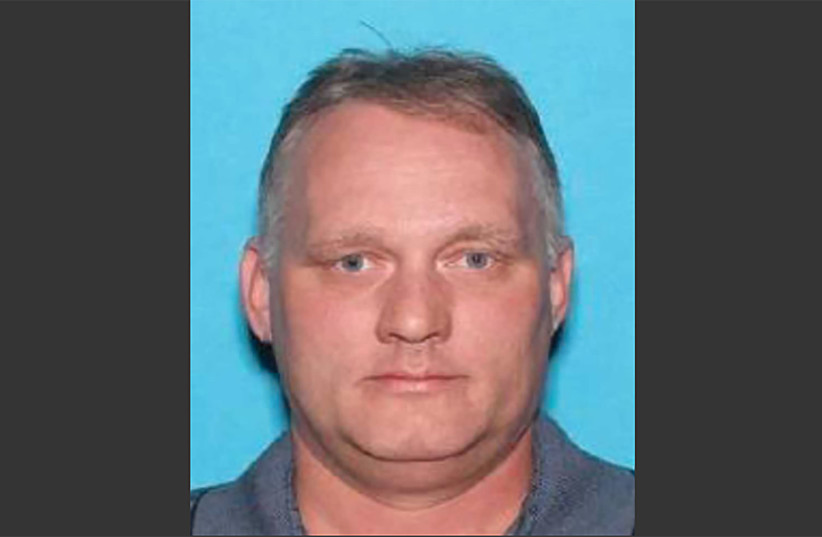A federal jury on Wednesday sentenced Robert Bowers to death for killing 11 worshippers at Pittsburgh's Tree of Life synagogue in 2018, the deadliest antisemitic attack in US history, the New York Times reported.
In June, the jury found Bowers, 50, guilty of dozens of federal hate crimes in the trial held at the US District Court in Pittsburgh in western Pennsylvania. Bowers was convicted of 63 counts, including 11 counts of obstruction of free exercise of religious beliefs resulting in death.
Two weeks ago, during the first phase of the sentencing portion of the trial, the jury found Bowers to be eligible for the death penalty. Jurors then heard testimony and arguments from both prosecutors and defense attorneys as to whether he deserved to be put to death for the killings.
On June 16, the jury found him guilty on all counts, with defense lawyers offering no dispute that he planned and carried out the attack.

First-hand accounts pulled at the heartstrings of jurors
Jurors heard testimony from some of the survivors of the attack and evidence of Bowers' antisemitism, including multiple posts attacking Jews made on a far-right website in the months leading up to the attack.
In federal capital cases, a unanimous vote by jurors in a separate penalty phase of the trial is required in order to sentence a defendant to death, and the judge cannot reject the jury's vote. If jurors are unable to reach a unanimous decision, the offender is instead sentenced to life in prison without the possibility of release.
In the sentencing phase, prosecutors have argued that Bowers had the necessary intent and premeditation to qualify for the death penalty. They presented witnesses and evidence to show he carefully planned the attack and deliberately targeted vulnerable elderly worshipers.
Defense lawyers argued that Bowers suffers from major mental illness, including schizophrenia, and so lacked the necessary level of intent.
Rabbi Jeffrey Myers, who hid in a bathroom during the attack, thanked the jury in a statement, saying "it is my hope that we can begin to heal and move forward."
